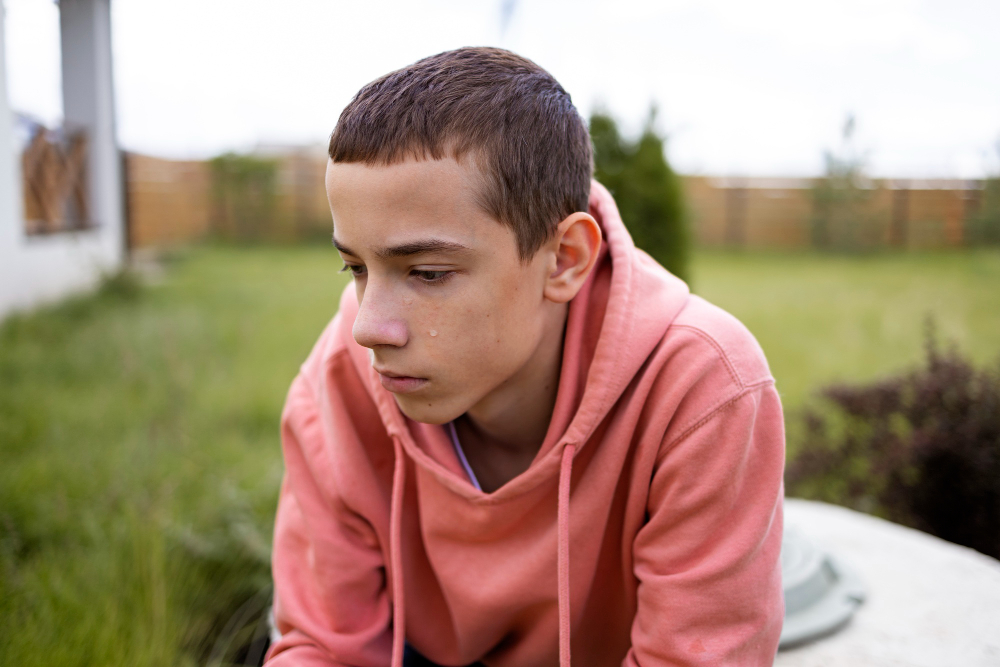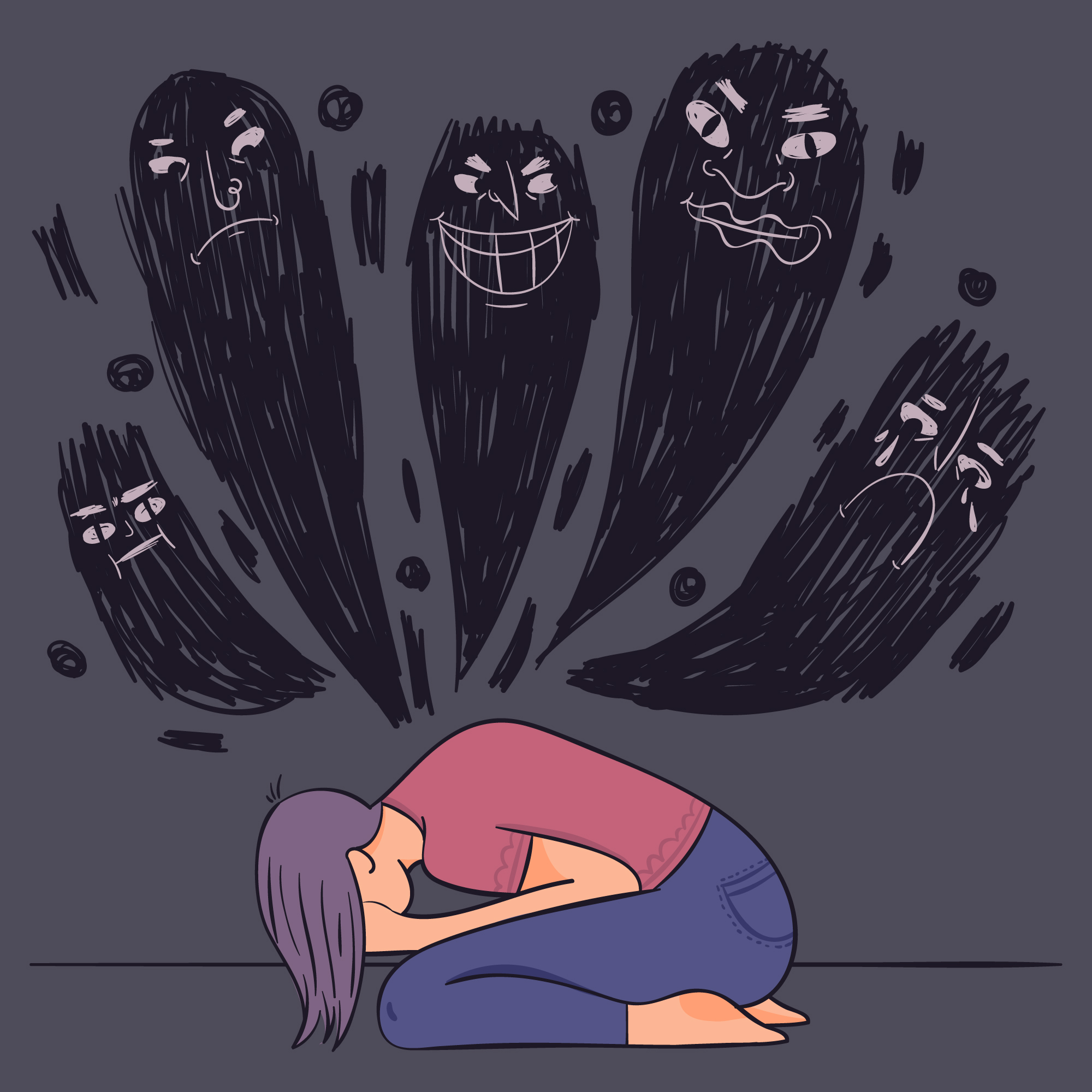When a school trip, special event, or celebration is cancelled “because of the class’s behaviour,” many parents feel a quiet fury rise up inside them—a mix of heartbreak, powerlessness, and disbelief that a moment of joy could be withdrawn for so many students at once.
Cancelling a planned activity for an entire group, as a consequence for behaviour by one or a few, is a classic form of collective punishment—even when it’s described in softened terms like “the class didn’t earn it,” “we’re pausing the trip until expectations improve,” or “students need to show they’re ready before we go.”
-
What are all the names of collective punishment?
Collective punishment doesn’t always go by that name. In schools, this harmful practice is often hidden behind vague, everyday language. Families may not hear the words “collective punishment”—but they feel its effects when an entire group is disciplined for the actions of one or a few.
This approach can feel devastating for children who struggle socially, mask their distress, or rely on positive experiences to stay engaged with school—especially disabled or neurodivergent students whose participation in group settings already takes enormous internal effort.
If your child’s trip or activity was cancelled this way, you are fully within your rights to ask:
- Whether the cancellation was based on an individual incident or a group judgment
- Whether IEP accommodations, trauma-informed practices, or disability rights were considered
- What steps will be taken to repair harm to students who followed expectations but were still excluded
You can put your concerns in writing to the teacher, principal, or district staff. You can say that collective punishment is harmful, that joy and inclusion are protective, and that your child deserves access to planned educational opportunities—especially when they have done everything asked of them.
A cancelled trip is rarely “just a trip.” It is often a turning point in a child’s belief about school, fairness, and whether anyone is paying attention to their individual experience.
-
Resources
Tools, strategies, and community-led resources for navigating school advocacy, challenging scarcity, and building inclusive education.
-
Beyond regressive punishment in BC schools
In British Columbia schools, punishment often arrives dressed as progress—through collective consequences, tiered rewards, withheld privileges, or data-driven discipline plans that disproportionately target disabled, racialised, and dysregulated students.










